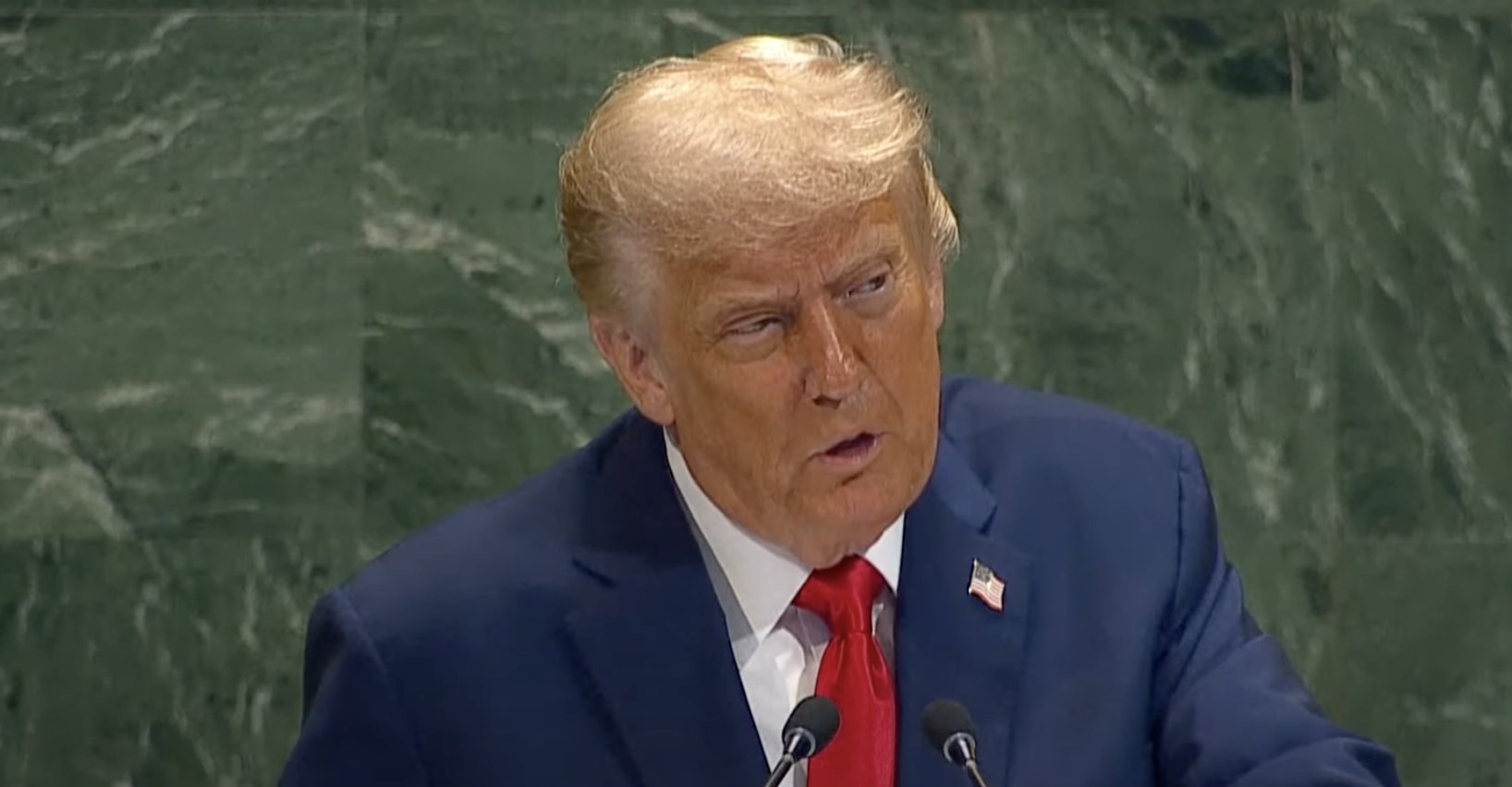President Donald Trump has said most Americans will receive a “tariff dividend” of at least $2,000 funded from customs revenues collected under his sweeping trade programme, casting critics of the policy as “FOOLS” and insisting the United States is “the Richest, Most Respected Country In the World” with “Almost No Inflation” and a “Record Stock Market Price.” The pledge, made in a burst of weekend posts on his Truth Social account, revives an idea he has floated before and immediately raised questions about timing, eligibility, financing and legality as the Supreme Court weighs whether his use of emergency powers to impose broad tariffs is lawful.
In the messages, the president asserted that tariff collections were bringing in vast sums and could help pay down what he called the “ENORMOUS DEBT, $37 Trillion,” while also funding direct payments to the public. “A dividend of at least $2000 a person (not including high income people!) will be paid to everyone,” he wrote, without specifying when the payments would be issued, what income thresholds would apply, or whether the mechanism would be a cheque, tax credit or some other benefit. The posts repeated a central political claim that factories are “going up all over the place” and that “businesses are pouring into the USA ONLY BECAUSE OF TARIFFS.”
The declaration followed a week in which justices across the ideological spectrum signalled doubts about the administration’s reliance on the 1977 International Emergency Economic Powers Act to justify tariffs that reach far beyond traditional national-security sanctions. During oral argument, conservative and liberal members of the court pressed the government’s lawyer on whether a president may unilaterally impose revenue-raising import taxes—a power the Constitution assigns to Congress—by invoking emergency authority, and questioned the contention that such measures are merely regulatory rather than fiscal. The court’s eventual ruling, expected next year, could determine the fate of hundreds of billions of dollars in duties and define the limits of presidential economic power.
The tariff plan at issue has been repeatedly challenged. Earlier this year a three-judge panel of the U.S. Court of International Trade held that the administration exceeded “any authority granted” by the emergency statute in imposing worldwide reciprocal tariffs, ordering the government to stop collecting them; the ruling was promptly appealed and collections continued pending higher-court review. The dispute is now before the Supreme Court in consolidated cases that ask both whether the law authorises the tariffs and, if so, whether that would represent an unconstitutional delegation of Congress’s taxing power. Legal memoranda and practitioner summaries describe the orders as creating a 10% baseline tariff on most imports, with much higher rates on dozens of countries and separate measures targeting China, Canada and Mexico that the trade court said did not address the stated emergencies.
